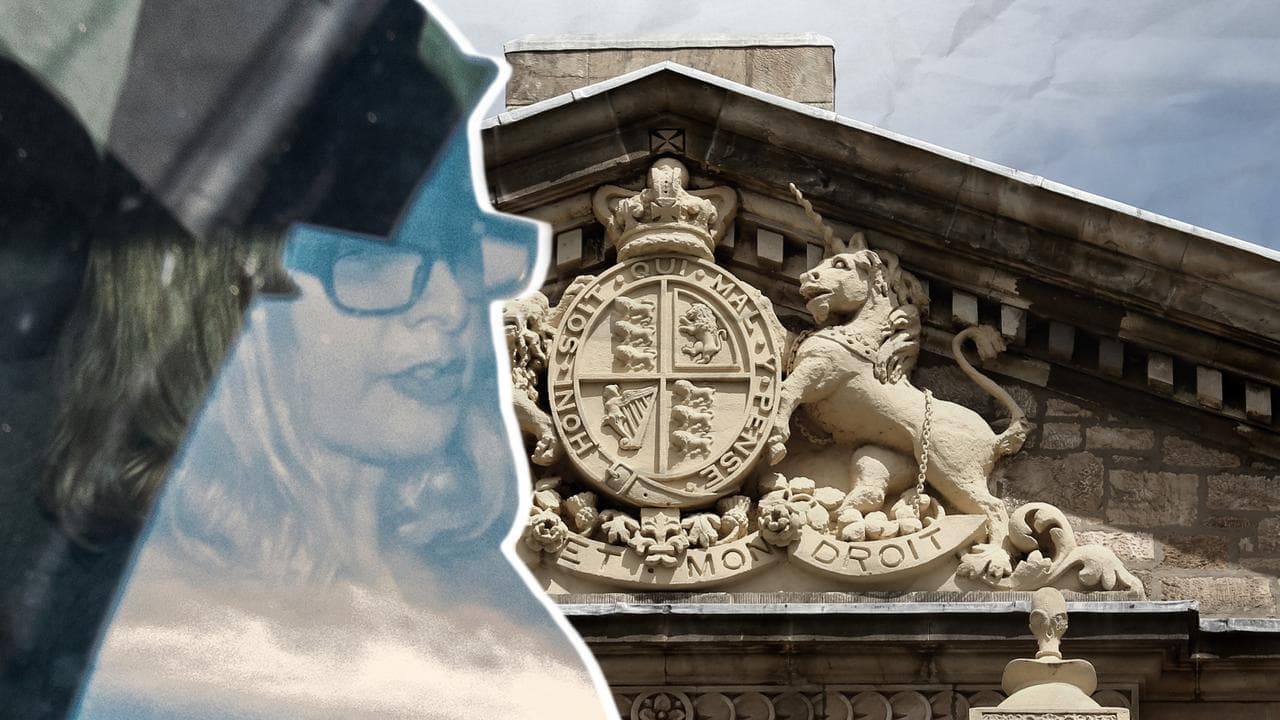WHAT WAS CLAIMED
The sea level has not risen in Rio de Janeiro since 1880.
OUR VERDICT
False. Sea levels have risen by at least 12.7cm in Rio de Janeiro since 1963.
AAP FACTCHECK – Photos of a famous mountain in Brazil are being claimed as evidence that sea levels have not changed in Rio de Janeiro for 140 years.
This is false. Data from the UK's Permanent Service for Mean Sea Level (PSMSL) shows the sea level in Rio de Janeiro has risen by at least 12.7cm since 1963, an average annual increase of 2.35mm.
An expert told AAP FactCheck it would be impossible to see that change from the photos.
The claim appears in social media posts featuring three photos of Sugarloaf Mountain, or Pao de Acucar, in Rio's Guanabara Bay.
The photos include three different overlay texts reading "ca.1880", "ca. 1910" and "2020".
One of the Facebook posts says: "ZERO sea level rise below the Sugarloaf Mountain ... Rio de Janeiro, Brazil."

Two of the three photos, from 1880 and 1910, appear to be sourced from Brazilian not-for-profit the Moreira Salles Institute.
The 1910 photo was taken from the Dona Marta lookout, which is about 3.4km from the tiny beach on the western side of Sugarloaf Mountain's base.
The PSMSL, a data bank based at the UK's National Oceanography Centre (NOC), collects and publishes sea level data from tidal gauges around the world.
One of those is at Ilha Fiscal, or Fiscal Island, about 5km from the Sugarloaf Mountain across Guanabara Bay.
A US National Oceanic and Atmospheric Administration chart of the sea level at Fiscal Island, based on PSMSL data, shows that between 1963 and 2016 it rose by an average of 2.35mm per year.
This is equal to a change of about 23.5cm over 100 years.

The PSMSL source data shows the average sea level at Fiscal Island rose from 6.864m in 1963 to 6.991m in 2021 – a 12.7cm increase.
Rodrigo Amado Garcia Silva, a coastal engineering expert from Brazil's Federal Fluminense University, says the photos in the Facebook posts do not provide any clues about sea level changes in Rio over the last 140 years.
He says that average global sea levels have risen about 21-24cm over that time, according to NASA's Earth Observatory.
The pace is accelerating, with 10.1cm of this increase coming since 1992.
"Considering that the tidal sea level varies all the time, a 0.20m rise in sea level can obviously not be observed at all in those pictures," Dr Silva told AAP FactCheck.
"Although the 20th-century sea level rise was not too high, the problem lies in the fact that the speed of sea level rise is increasing. From these 20cm observed in the 20th century, 10cm occurred after the 1990s."
Dr Silva says the Intergovernmental Panel on Climate Change expects a sea level rise of 50cm on 1900 levels by 2100 at the bare minimum.
Sea-level claims featuring the Sugarloaf Mountain photo collage have been debunked by AFP Fact Check, USA Today, DW, Logically Facts and Science Feedback.
AAP FactCheck has debunked claims about sea level rises involving photos of the Great Wall of China, Sydney's Fort Denison and San Francisco's Golden Gate Bridge.
The Verdict
The claim that the sea level has not risen in Rio de Janeiro since 1880 is false.
The average sea level in Rio has risen by 2.35mm per year, equal to about 23.5cm over 100 years, and it is at least 12.7cm higher than it was in 1963.
An expert told AAP FactCheck that any sea level rise would not be discernible from the distance the photos were taken.
False — The claim is inaccurate.
AAP FactCheck is an accredited member of the International Fact-Checking Network. To keep up with our latest fact checks, follow us on Facebook, Twitter and Instagram.












